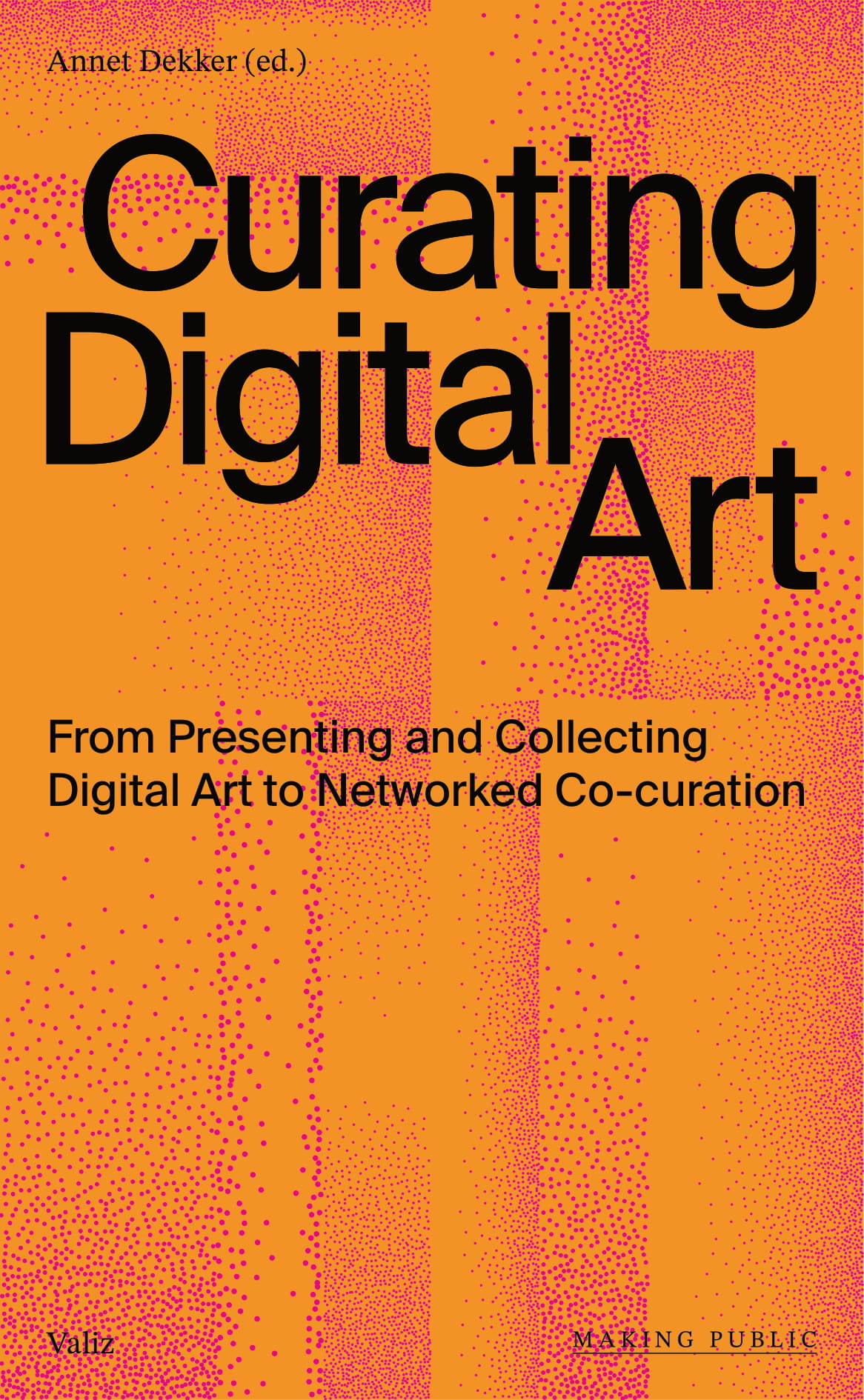Platform Brutality
Closing Down Internet Toxicity

- Verwacht: september 2025. U kunt deze publicatie nu voorbestellen via onze webshop. Zodra het boek beschikbaar is verzenden we uw exemplaar
Auteur: Geert Lovink
Ontwerp: Irene Stracuzzi
Serie: Making Public
September 2025, Valiz | pb | c. 240 blz. | 24 x 14,5 cm (h x b) | Engels | ISBN 978-94-93246-58-4 | € 26,50
Geert Lovink is a Dutch media theorist, internet critic and author of many publications, translated into various languages. In 2004 he founded the Institute of Network Cultures at the Amsterdam University of Applied Sciences (HvA).
The ‘Making Public’ series investigates ‘the public’, the civil domain, both online and offline, where knowledge, values and commodities are shared. What does this notion of ‘public’ mean? How does this domain change under the influence of social, political and technological tendencies? Where are the boundaries of ‘the public’ and how are they determined? What forms of responsibility and solidarity does ‘the public’ invoke? And how do artists and culture critics shape the debate on these issues?
The internet has become an integral part of all human activities. Its toxic aspects have fully permeated our personal, social and political lives, with people using it to attack others, normalise violence, spread fake news and make propaganda for extrme-right causes, to name just a few. This brutal turn ultimately affects all. The central thesis is that social media no longer just distracts—it wounds. And yet, we stay.
Technological violence is essentially remote, invisible and indirect. Exclusion, which many do not immediately notice, happens deep inside the code and network architecture. The answer will not be pacification or regulation but the dismantling of the platform principle itself.
Platform Brutality not just offers critical analyses but also dives into alternatives. Topics range from the violent turn of the internet and techno-feudalism debates, to loneliness on social media, radical data critique, mythologies that surround the smart phone, dreaming in the computer age, offline romanticism to question how to leave the platforms, bring back social networks and design a new balance between analogue and digital.


